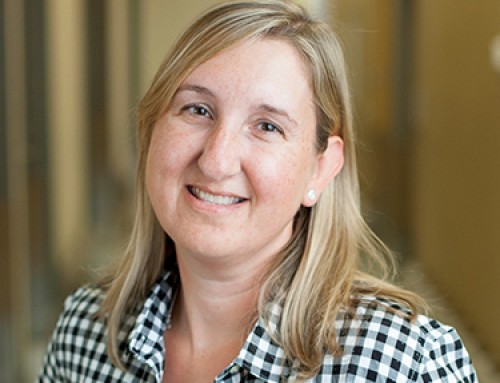
CHILD-BRIGHT Scientific Co-Director
Dan Goldowitz received his PhD in Psychobiology at the University of California at Irvine with a thesis that focused on the plasticity of the adult central nervous in response to lesions. His subsequent postdoctoral work at Harvard Children’s Hospital in Boston, the Karolinska Institute in Stockholm, and the University of Utah School of Medicine in Salt Lake City was developing the nervous system.
His first position was as an assistant professorship at Jefferson Medical School in Philadelphia. Using approaches that were relatively novel to the study of the brain, he pioneered approaches to ascertain the function of genes in the brain and behaviour. He moved to the University of Tennessee Health Science Centre (UTHSC) in Memphis and was a leading force in organizing researchers across the State of Tennessee in forming a collaborative to use the mouse as a model organism to identify the function of the genes that were just being uncovered with the human genome project. The Tennessee Mouse Genome Consortium was the result of these efforts, and this collaborative won one of three US National Institute’s of Health (NIH) awards (amounting to about US$13,000,000 over 5years with D. Goldowitz as the Principal Investigator) to understand the role of genes in the function of the brain. This success led the University of Tennessee system to create a US$6,000,000 in a program to fund a Centre of Excellence in Genomics and Bioinformatics proposed by Goldowitz. He also worked with other individuals at UTHSC to obtain NIH funding for projects to bring science education to the K-12 grades. He was awarded an endowed chair of Neurosciences at UTHSC. These efforts have resulted in national and international collaborations that Dan brought to Canada (the Centre for Molecular Medicine and Therapeutics at the Children and Family Research Inst at UBC).
He currently holds a Tier 1 Canada Research Chair. He maintains strong NIH-, CIHR- and foundation-funded research programs in the genetics of brain development and function. After a bit more than one year in Canada, the call for proposals from the Networks of Centres of Excellence (NCE) was published. A survey of the research landscape indicated that Canada had some incredible strength in brain development, both clinically and in the basic sciences, but that they were not united in a way that could bring a synergy that seemed possible. From this as a vantage point, and with a focus of creating a marriage between the clinical and basic sciences, Goldowitz led a successful application to be one of three new, federally funded NCEs, NeuroDevNet.”





